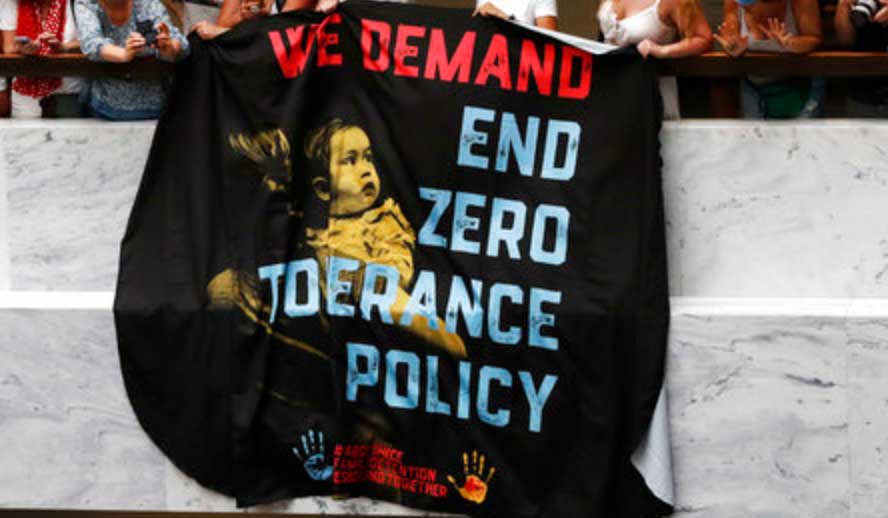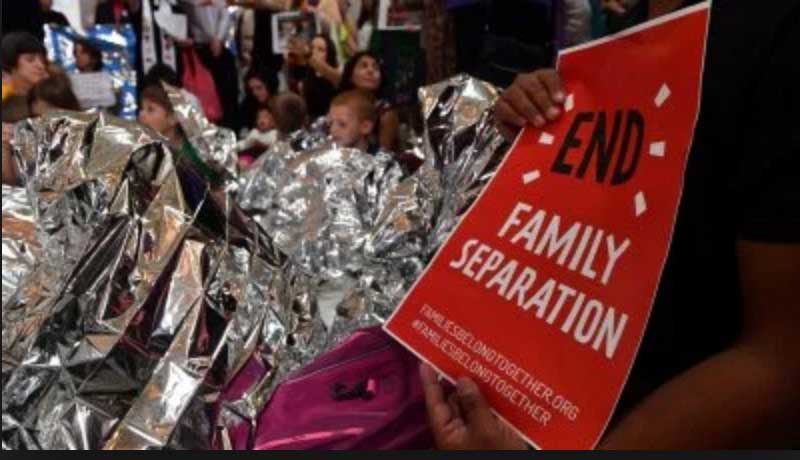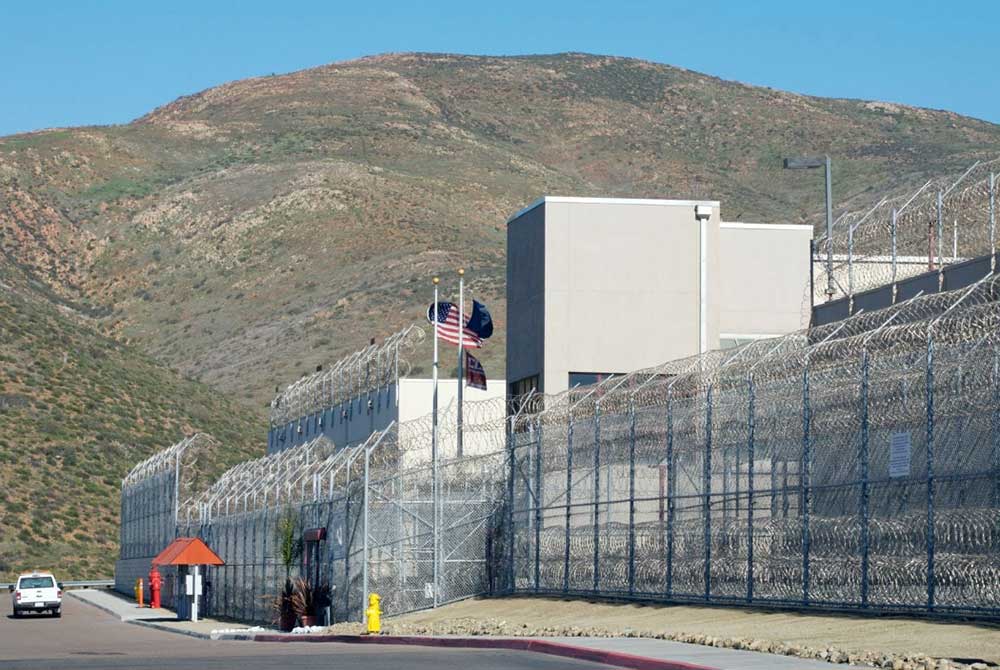
Santa Clara Law student Felipe Romero
By Santa Clara Law student Felipe Romero and Prof. Francisco Rivera
Earlier this semester, the International Human Rights Clinic at Santa Clara Law submitted a report to the UN Human Rights Committee highlighting human rights violations that stem from (1) the Trump Administration’s “zero tolerance” policy of forced separation and prolonged detention of immigrant children detained at the southern border, and (2) forced labor and inadequate health services in private for-profit immigration detention centers. Clinic students Felipe Romero, Heather Fuchs, and Christina Santora, and clinic director Francisco Rivera drafted and submitted suggestions for the upcoming UN review of US compliance with the International Covenant on Civil and Political Rights (“ICCPR”).
In 1992, the US ratified the ICCPR, recognizing and making a binding commitment to protect the rights under the Convention. Upon ratification, the ICCPR became the “supreme law of the land” under the Supremacy Clause of the U.S. Constitution, which gives ratified treaties the status of federal law. Some of the rights recognized in this treaty include the following:
- right to life,
- prohibition of torture,
- prohibition of slavery and forced labor,
- right of persons deprived of liberty to be treated with humanity and with respect for the inherent dignity of the human person,
- protection of family by society and the state, and
- protection of the rights of the child.

The UN Human Rights Committee is a body composed of 18 independent experts who monitor the implementation of the ICCPR. Every four years or so, the Committee receives an implementation report from each country that has ratified the ICCPR. Those reports are then discussed in a public and open session at the UN. The Committee then addresses its concerns and makes recommendations to each country in the form of “concluding observations.”
Law clinics, non-governmental organizations, and other civil society actors can participate in this treaty monitoring and implementation process by submitting information to the Committee and highlighting violations of rights recognized in the ICCPR that may or may not have been mentioned in the country’s own report. The Committee uses that information to make its concluding observations.
To that end, the clinic submitted a report for the Committee’s 125th Session that highlights how the United States government’s “zero tolerance” policy consisting in separating immigrant families and detaining immigrant children at the southern border violates the human rights recognized in Articles 7, 10, 23, and 24 of the ICCPR. Specifically, the report emphasizes that separation and prolonged detention of children amounts to torture and cruel, inhuman, or degrading treatment. Detention traumatizes vulnerable populations and threatens the basic health and safety of detainees. Furthermore, children suffer irreparable harm from detention, no matter how long they are detained and regardless of whether they are detained alongside their families. The United States’ actions have resulted in the separation of more than 2,000 children from their families and the detention of almost 15,000 children.

Second, the report highlights how the United States’ lack of oversight of private for-profit immigrant detention centers with regard to forced labor conditions and the provision of subpar and substandard health care has resulted in violations of the rights recognized in Articles 2, 6, 7, 8, and 10 of the ICCPR. Private immigration detention centers implement policies that force immigrant detainees to work in order to afford basic needs under the threat of solitary confinement, while substandard medical care has resulted in irreparable physical harm, particularly for pregnant women. Additionally, substandard medical care in private immigrant detention centers has resulted in more than 30 preventable deaths, as well as several miscarriages.

Otay Mesa Private Detentino Center in San Diego
Despite a very short deadline (the submission was due on January 14 – barely a week into the semester) we worked diligently, and we were able to submit our report on time. The Human Rights Committee took our submission into consideration and on April 2, 2019 published a document titled “List of Issues Prior to Submission of the Fifth Report of the United States of America”, which incorporated the clinic’s findings and concerns in the last sentence of the 12th paragraph and the first two sentences of paragraph 21.
The U.S. is now expected to submit its Fifth Periodic Report and will then have to respond to the international community – and here at home – for its human rights violations.
This project gave us valuable experience of working in a group while having a tight deadline. We learned that you do not always have all the time you want or need when working on a real case or project. Therefore, you need to work hard, smart, and fast to submit quality work product. It was a lot of work to submit our suggestions to the UN on time, but it was very rewarding to see them up on the UN Human Rights website. Most importantly, we are pleased the UN has decided to address the human rights violations we highlighted in our report concerning the “zero tolerance” immigration policy and the horrible treatment of immigrants in private for-profit detention facilities in the US.